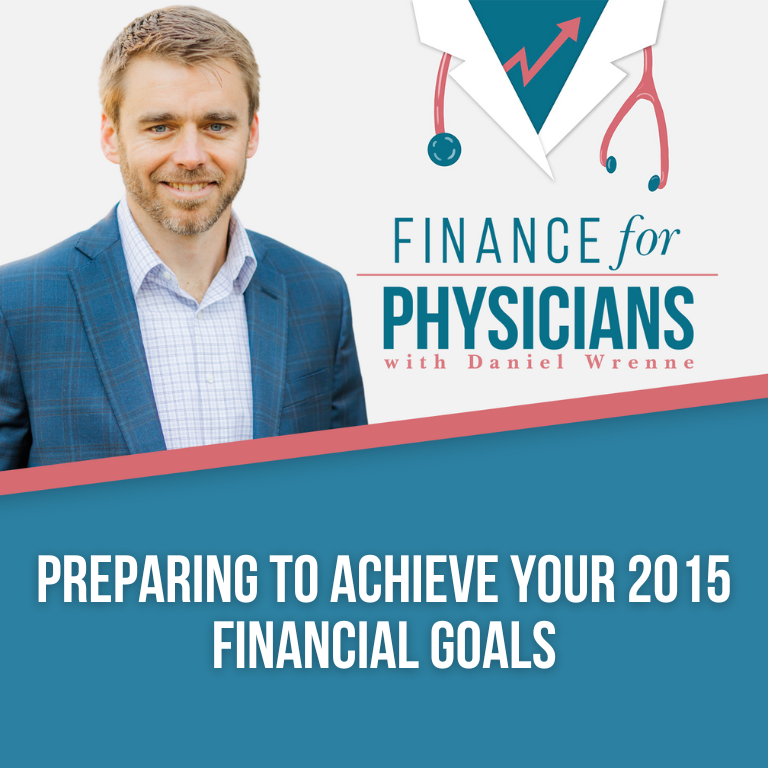The New Year symbolizes a fresh start and an opportunity to do things a bit differently. Many people are looking to get organized for the months ahead so they can pursue and achieve their goals.
As you make your resolutions for a great 2015, there is one area that should take center stage: your finances.
Your finances play an integral role in your life, and organizing your finances can help you pursue a more fulfilling one. And organizing your finances now, rather than later, can save you a headache down the road and help support your other goals this year. Here’s how to get started:
Track Your Income and Expenses
An essential part of money management is knowing your cash flow: what’s coming in and what’s going out. Tracking your income and expenses offers an accurate picture of your cash flow, which can help identify any budget leaks.
You can track your money manually using an Excel spreadsheet or old school with a pen and paper, or you can go digital and use a tool like Mint.com. This app, and other digital programs like it, syncs to your financial accounts and can help you easily track income and expenses.
Create a Budget
A fundamental rule to financial success? Spend less than you earn.
Tracking your income and expenses allows you to see if you’re currently living within your means. A budget will keep you on the right path with your finances and give every dollar a job.
Begin by looking at your take-home pay. Create a budget that lists out line items for each category, such as rent/mortgage, food, insurance, and so on – and don’t forget line items for savings and investments, too.
Then keep up with and stick to your budget throughout the year. Check in with your numbers once a week, twice a month, or monthly – whatever works best for you and helps you the most.
Keeping yourself in the loop with your budget will allow you to adjust your spending as necessary to stay within it so you continue to live within your means and take care of your financial priorities.
Check Your Credit Report
Your credit report is an important piece of financial information that affects various aspects of your life.
Your credit report can mean the difference between getting approved for a mortgage or not, being approved for a credit card, and more. Even if you believe you have good credit, or prefer to avoid credit, you’ll want to pull your report to ensure there are no errors.
If you do find an error, contact the credit bureau you pulled this report from and begin the process of getting the mistake corrected.
Review Insurance and Tax Withholding
Most people know about the benefits of having health insurance. But other forms of insurance like renters’ insurance, homeowners insurance, life insurance are also important and deserve consideration.
The right type of insurance can mean the difference between a minor inconvenience and a serious setback. Review the needs of you and your family to see if you need to adjust or add additional insurance.
In addition, look at your W2. Is too much money being taken out for taxes? If so, adjust your tax withholding and start seeing more money in your paycheck.
Pay Yourself First
Paying yourself first means putting a percentage of your income into savings each and every time you get paid. You can make this easy by setting up automatic contributions through your bank.
It doesn’t just have to be cash savings, either. You can invest in your future and pay yourself first by maxing out your retirement account. Or you can pay yourself first by getting rid of high interest debt, which is a guaranteed return on investment.
If you pay yourself first, you will pave a sturdy foundation for your financial future. Start by saving, funding your retirement, paying off debt, and investing. Then spend the rest where it matters most.
How do you plan on organizing your finances this year?
